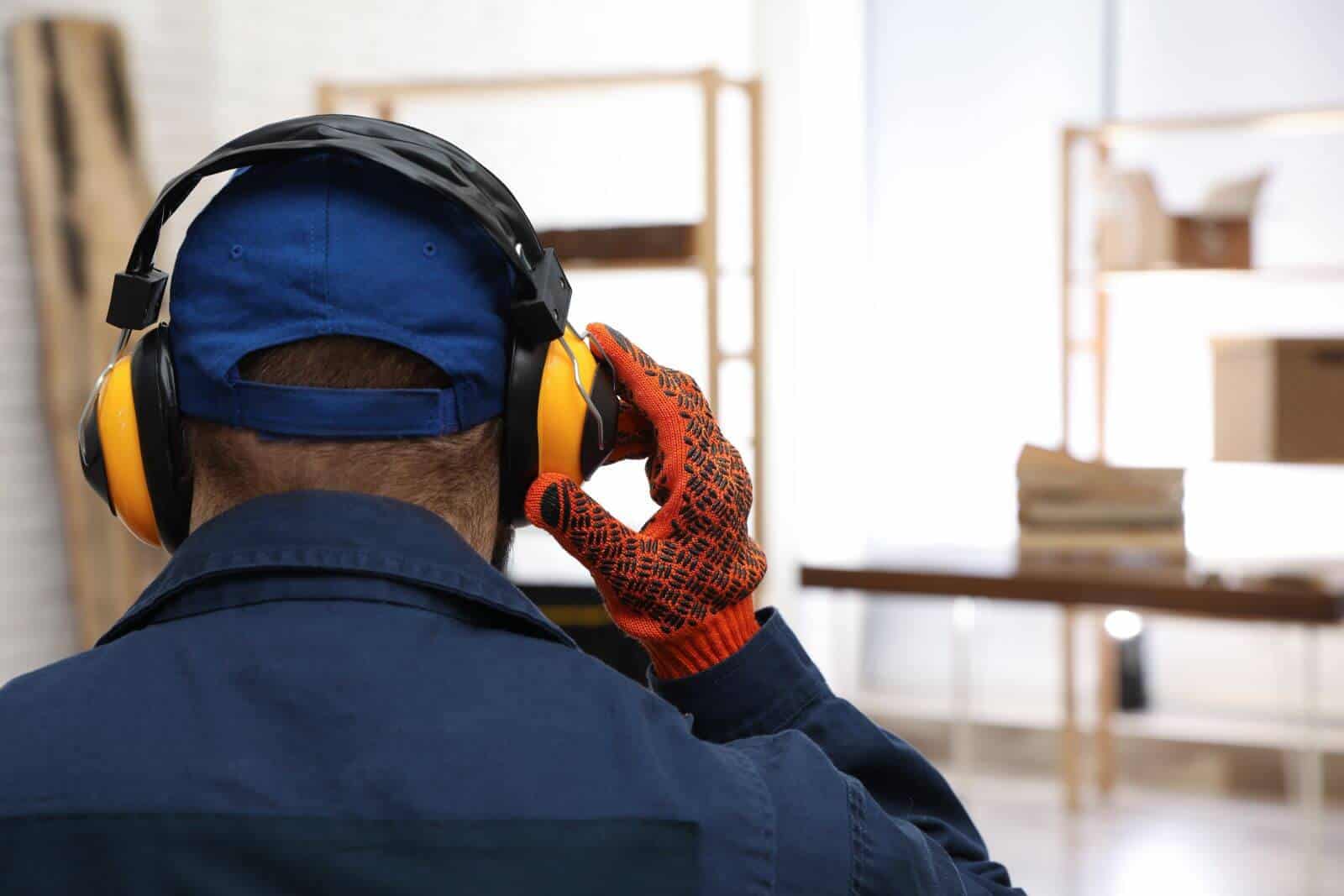
- Common Fears About Hearing Tests - May 28, 2025
- Best Hearing Aids for Active Lifestyles - May 16, 2025
- A Guide to Different Hearing Aid Styles - May 6, 2025
You’ve most likely been hearing a buzz about noise cancelation technology. It seems to be all the rage in the headphone and earbud market— promising better sound quality, but do they also protect your hearing. The answer is yes! Whether you use active noise canceling earbuds for listening to music and media privately or active canceling ear muffs in extremely loud situations, noise cancelation technology is the best way today to listen safely.
How does Passive and Active Noise Cancelation Work?
There are two types of noise cancelation:
Passive: passive noise cancelation physically blocks and reflects, waves to decrease the level of sound pressure levels to your ear.
Active: active noise cancelling detects noises and emits an inverted soundwave based on this collected information to “actively cancel noise”. Think of sounds as waves—when the inverted soundwave is produced by the active circuit of the noise canceling headphones it effectively flattens the sound wave rendering nearly undetectable.
What About Very Loud Noise?!
The loudness of sound is measured in decibels (dBA) and any sound 85 dBA and higher can damage the tiny cells of the inner ear, impeding the delivery of some sounds to our brain. As the decibels rise the length of time it takes for damage to occur shortens. For instance, it takes 8 hours of constant exposure at 85 dBA for damage to occur, but by the time the decibel level has increased by 95 dBA, damage can occur in an hour! Most passive ear protection can reduce the decibel level which reaches the inner ear anywhere from 15 to 33 dBA. However, for extremely loud sounds most passive noise cancelation is rendered useless. For instance, for those who love target practice or hunting with firearms, they can emit decibels as high as 140 dBA—loud enough to instantaneously damage your hearing permanently. Many hunters in the past have complained about passive noise cancelation as it also limits the detection of quiet sounds along with the loud, making it easy to miss the sublet sounds of a target moving in the brush. With active noise cancelation they are often programed allow the quiet sounds in, while cutting off sounds such as fire from guns or explosion.
Noise Cancelling Headphones vs Custom Hearing Protection
When it comes to your hearing, you should never leave it to chance. It only takes one exposure to leave you with hearing issues that make it hard to hear the people in your life. Unaddressed hearing loss can affect how you connect every day at work, at home and for recreation. This means that it is important to understand the best hearing protection for all your listening needs in different situations.
Active noise cancelling headphones invert damaging sounds and render them inactive, which means that your inner ear will be protected for years to come. For those who find they are consistently exposed to loud levels of noise such as those in combat zones, nightlife, law enforcement or hunting, active noise cancelation may be essential in protecting your ears over time.
On the other hand, custom hearing protection headphones operate under the passive noise cancellation principle. They provide an extremely tight seal to reduce the decibels which can affect your inner ear. This is controlled by the design of the ear cups is what determines the amount of noise that gets blocked out.
Listening Safely
In addition to hearing protection, headphone and earbud use connected to personal listening devices has been linked to higher rates of hearing loss for younger generations. In fact, studies show that those between the age of 12 to 35 listen to music and media via headphones for 7.8 hours weekly. They also have to potential to emit levels of damage high enough to cause damage in 15 minutes or less! Because people often listen to headphones in public settings, there is a tendency to turn up to volume to dangerous levels to block other noises out. However, active noise cancelation in headphones can allow you to listen much safer, making them a wise investment for those who listen to personal listening devices regularly.
Schedule a Hearing Consultation Today
To find out if active noise cancelation is right for you or to address a suspected hearing loss, contact us today to learn more!
